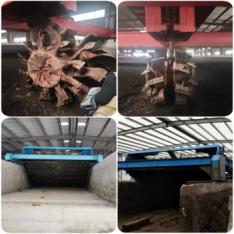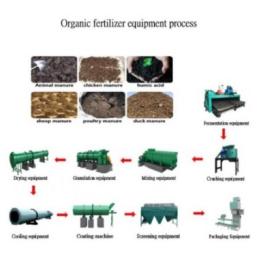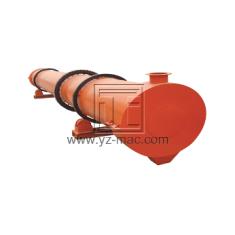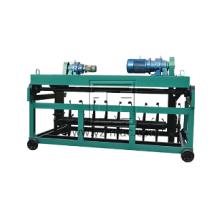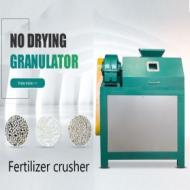Machine compostage
Machine composting is a modern and efficient approach to managing organic waste. It involves the use of specialized equipment and machinery to accelerate the composting process, resulting in the production of nutrient-rich compost.
Efficiency and Speed:
Machine composting offers significant advantages over traditional composting methods. The use of advanced machinery enables faster decomposition of organic waste materials, reducing composting time from months to weeks. The controlled environment, along with optimized aeration and moisture management, ensures efficient breakdown of organic matter and the creation of high-quality compost.
Versatility in Organic Waste Management:
Machine composting is highly versatile and can handle a wide range of organic waste materials. It can process yard trimmings, food waste, agricultural residues, manure, and other biodegradable materials. This flexibility makes it suitable for various sectors, including residential, commercial, agricultural, and municipal waste management.
Reduced Landfill Waste:
By diverting organic waste from landfills, machine composting helps reduce the burden on landfill sites and minimize greenhouse gas emissions. Organic waste sent to landfills undergoes anaerobic decomposition, which produces methane, a potent greenhouse gas. Machine composting mitigates this environmental impact by converting organic waste into compost, which can be used to enrich soil and support sustainable agriculture.
Applications of Machine Composting:
Municipal Waste Management:
Machine composting is widely employed in municipal waste management systems. It allows municipalities to efficiently process large volumes of organic waste, such as food scraps and yard waste, into valuable compost. This compost can be used for landscaping, soil improvement projects, and community gardens.
Agricultural Sector:
In the agricultural sector, machine composting plays a crucial role in managing agricultural residues, crop waste, and animal manure. The compost produced can be used as a nutrient-rich soil amendment, enhancing soil fertility, improving crop yields, and promoting sustainable farming practices.
Food Industry:
The food industry generates a significant amount of organic waste, including food scraps and byproducts. Machine composting provides an efficient solution for managing this waste, reducing disposal costs, and producing compost that can be used in urban farming, horticulture, and landscaping.
Conclusion:
Machine composting offers a streamlined approach to organic waste management, providing efficient decomposition and transforming waste into nutrient-rich compost. With its versatility and applications in municipal waste management, agriculture, food industry, and residential/commercial settings, machine composting plays a significant role in promoting sustainable practices and reducing reliance on landfill disposal.




